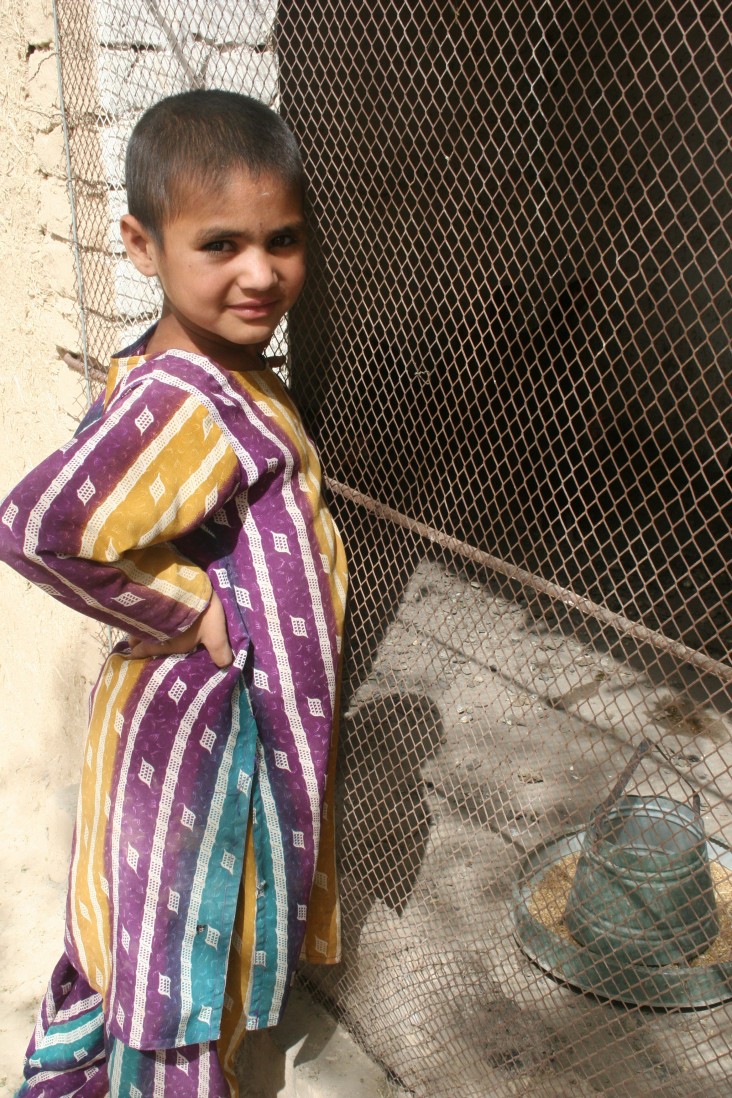
Challenge
The rugged Mastung District in Pakistan’s Balochistan province is a vast desert — a sparsely populated area stretching across 6,045 square kilometers. Plagued by drought and poverty, residents subsist on farming and livestock. Wheat forms the staple of their diet, supplemented by lentils and vegetables. Chicken and eggs, when available, provide the only animal protein in local diets. Meat is a luxury reserved for special occasions or guests. “For some people, 100,000 rupees ($1660) is not a large sum. But for us, even 5 rupees is a lot,” said Qaim Khan, an elderly man from Ghausabad village in Mastung.
Initiative
To help local households improve both nutrition and income, USAID funded a program that trains women in raising poultry and sells them poultry at subsidized rates. Eighty women in Mastung each received 20 chickens and roosters, vaccinations and 50 kg of feed for about 1,000 rupees ($16), at 25 percent of actual cost. This breed of poultry survives on kitchen scraps and withstands arid environments. Now, women cook eggs to supplement their family’s diet and sell the rest at market rates. Some, like Bibi Fehmida of Ghausabad village, are raising chicks from the original roost. “Before these chickens, we couldn’t afford to buy eggs. Now we can get eggs at home,” said Bibi Amna of Ghausabad. “And when the men are out, we still have some cash of our own.”
Results
More than 300 women in three districts have trained in rural poultry management. In Mastung, the women continue to benefit from their first investment. Bibi Khadija of Kila Khandawa village sells eggs she doesn’t use to neighbors or bakeries for 3 or 4 rupees each, making 60 rupees ($1) a week. Khairunissa uses her weekly earnings to buy cooking oil, tea, and sugar. Others use the extra cash to pay off loans they took out to buy the chickens. Along with other USAID programs in water management and drought-resistant seed cultivation, the poultry program is helping rural communities in Balochistan meet their financial, nutritional, and household needs.







Comment
Make a general inquiry or suggest an improvement.